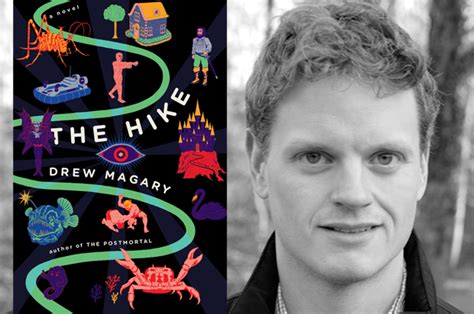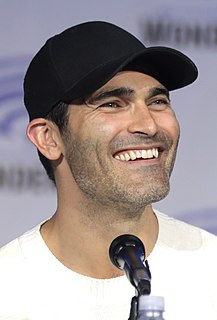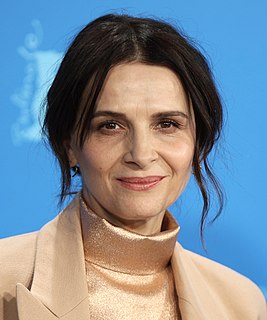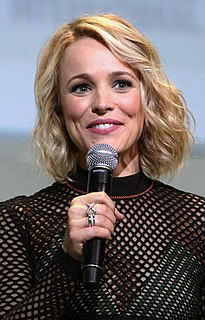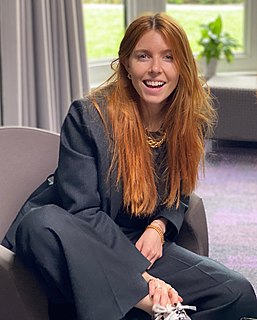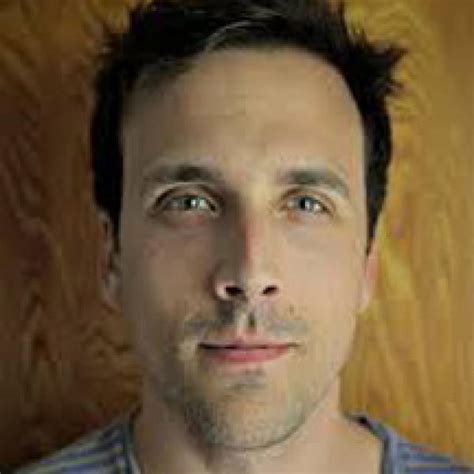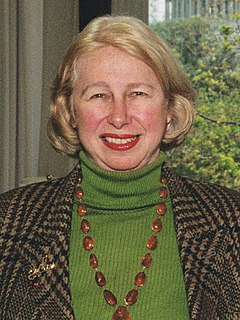A Quote by Drew Magary
I posted some story about the Arizona State baseball coach getting into a fight with an autograph hound, and it was a disastrous thing. The guy rescinded his story. It proved to me that I'm not cut out to be a proper journalist. I'm much better sitting around and making fun of journalists and telling them what terrible journalists they are than being an actual journalist.
Related Quotes
I love sitting down with my friends at dinner and actually telling them a story, as opposed to going, "Hey, did you see that thing I posted on Instagram?" For me, I would so much rather sit there and actually share a story with somebody and have somebody tell me about their trip, or things like that. I don't need to see it.
I met journalists that were on both sides of things. People who are young, enthusiastic and hard working journalists working on the online side and people who had been there forever. There was one journalist who had running shoes under her desk in case she had to kick of her heels and go out and cover a breaking news story.
My job is to cover the hell out of the story, very aggressively. The real place to be courageous if you're a news organization is where you put your people to cover the story. It's making sure that you have people going to Baghdad. It's making sure that you figure out how to cover the war in Afghanistan. While the journalist in me completely stands with them, the editor of the New York Times in me thinks my job is to figure out what the hell happened and cover the hell out of it, and that's more important than some symbolic drawing on the front page.
The Washington Post is and has been the greatest historic competitor of the New York Times. Half of me, though, the unselfish part of me that is just a journalist, is thrilled. I want newspapers to succeed. Let's take the Guardian, which is a new competitor in the digital age. Does it make me nervous that they compete with us and in fact beat us on the Snowden story? Yes. The part of me that's a competitive journalist and wants to fight and play says: bring them on! It's more fun that way.
National security is a really big problem for journalists, because no journalist worth his salt wants to endanger the national security, but the law talks about anyone who endangers the security of the United States is going to go to jail. So, here you are, especially in the Pentagon. Some guy tells you something. He says that's a national security matter. Well, you're supposed to tremble and get scared and it never, almost never means the security of the national government. More likely to mean the security or the personal happiness of the guy who is telling you something.
James O'Keefe is a journalist, doing the work 'real' journalists don't dare, and has been conducting undercover investigations for years with dozens of scalps collected along the way. The more the 'true' journalists who back the Democrat machine attack him, the more emboldened he becomes to pursue his next project.
Journalists in newspapers and in many magazines are not permitted to be subjective and tell their readers what they think. Journalists have got to follow a very strict formulaic line, and here we come, these non-fiction writers, these former journalists who are using all the techniques that journalists are pretty much not allowed to use.
